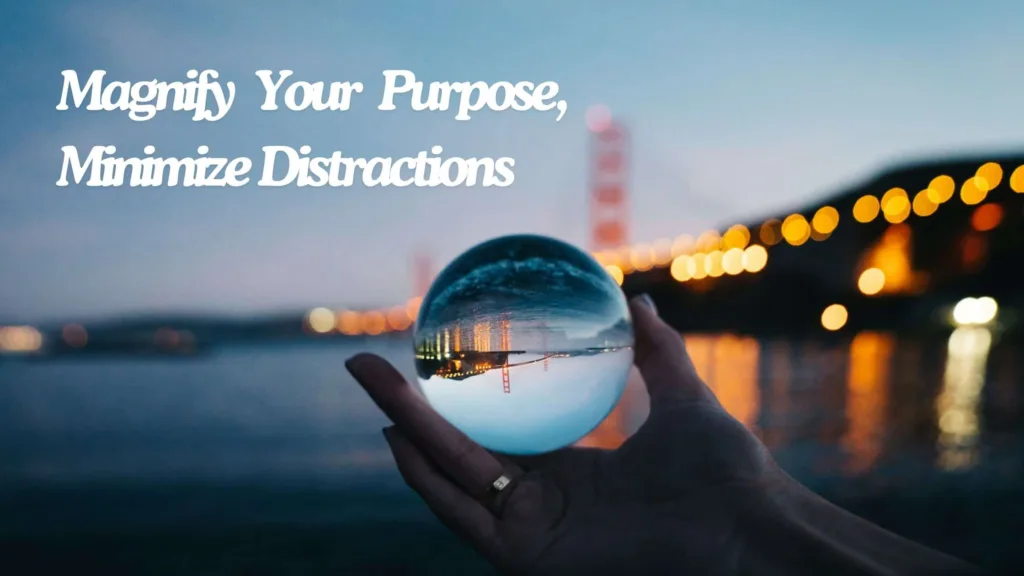In our minds, how we see things really matters. Sometimes, we make things seem bigger than they really are or make them seem smaller. These are called magnification and minimization. They affect how we understand what’s happening to us and how we feel about ourselves and others. It’s important to know about them because they can mess with our feelings, the choices we make, and how we get along with people. Let’s take a closer look at magnification and minimization: what they do, why they happen, and how we can deal with them.
Magnification and Minimization
Magnification and minimization are ways our minds sometimes twist reality, often seen in therapy. Let’s break them down:
- Magnification: This is like making a mountain out of a molehill. Imagine you spill a little milk and think it’s the end of the world. Or you mess up a small task at work and feel like you’re a complete failure. That’s magnification. It’s when we blow things way out of proportion, thinking they’re much worse than they actually are.
Example: You get some feedback on a project at school. Instead of seeing it as helpful advice, you think it means you’re terrible at the subject and feel really down on yourself.
- Minimization: On the flip side, minimization is like downplaying the good stuff. Let’s say you aced a test, but you shrug it off as no big deal. Or you receive a compliment on your artwork, but you think it’s just luck, not your talent shining through. That’s minimization. It’s when we ignore or play down the good things in our lives.
Example: Your friend praises your cooking skills, but you brush it off, saying anyone could do it. You don’t give yourself credit for your hard work and talent.
So, magnification blows problems out of proportion, making them seem huge, while minimization makes the good stuff seem small or unimportant. Both can mess with how we see ourselves and the world around us.

Effects of Magnification and Minimization
- Feeling Stressed and Worried: When we make small problems seem huge (magnification) or ignore good things (minimization), it can make us feel really stressed out and worried.
- Not Feeling Good About Ourselves: Magnification can make us feel like we’re not good enough, while minimization stops us from feeling proud of ourselves or recognizing what we’re good at.
- Problems with Friends: These ways of thinking can also cause issues with our friends. We might blow up small arguments into big fights (magnification), or brush off compliments from our pals, making them feel unappreciated (minimization).
Reasons Behind
- Focusing on the Bad or Good: When we magnify, we only see the bad stuff and blow it up in our minds. When we minimize, we ignore the good stuff and make it seem less important.
- Believing Our Thoughts: Sometimes, we believe what our minds tell us, even if it’s not true. Magnification makes us think small problems are huge, while minimization makes us think good things aren’t worth celebrating.
- Past Experiences: Our past can shape how we see things. If bad stuff happened before, we might think it will happen again (magnification). And if we never felt good about ourselves, we might ignore our successes (minimization).
How to Deal?
- Keep it Real: When things feel blown out of proportion or you’re missing the good stuff, take a step back. See things just as they are, not better or worse.
- Find the Silver Lining: Instead of being stuck in what’s wrong, search for the bright spots. Even in the darkest clouds, there’s a silver lining waiting to be found.
- Count Your Joys: Pause to celebrate the little joys in life, no matter how tiny. It’s like sprinkling glitter on your thoughts and feeling a little sparkle inside.
- Live in the Now: Don’t let worries about the future or past steal your present. Focus on the here and now, where life’s happening.
- Share Your Heart: Open up to a trusted friend and spill your thoughts and feelings. It’s like releasing balloons of worries and feeling lighter together.
- Reach Out for a Hand: When stress feels like a heavy load, lean on a therapist or counselor. They’re like guides in the adventure of finding peace and happiness.
Understanding why our minds play tricks on us and using helpful ways to deal with it can make us feel better and get along better with others. By changing how we think, practicing being mindful, and getting help if we need it, we can become stronger and more aware of ourselves. By realizing how powerful our thoughts are and challenging them, we can handle tough times with a clearer mind and more kindness toward ourselves and others.

Pingback: Emotional Reasoning: Feel, Understand, Decide